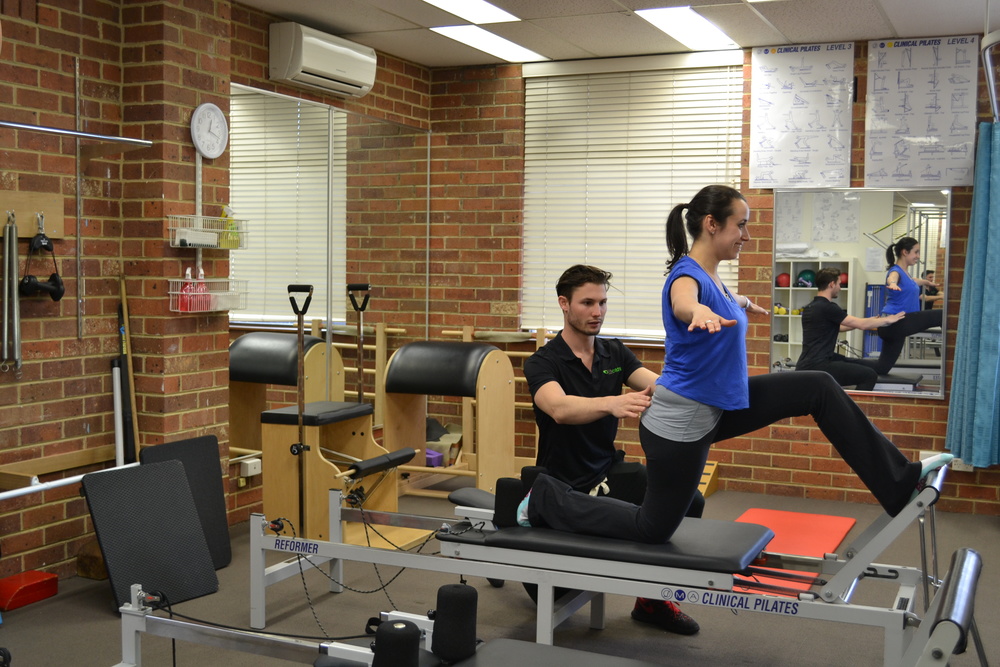Is Pilates for you?
Pilates has become a very popular form of exercise over the past 10 years, but did you know that it originated back in the early 20th Century by a German-born man named Joseph Pilates.
Joseph developed his exercise regime based on the belief that “the perfect balance of body and mind is essential for attaining health and happiness”. Joseph worked hard for his own physical perfection where the mind and body were coordinated and encouraged others to do the same. During World War I, Joseph found himself in an internment camp, and it was here that he encouraged internees who were bedridden to exercise with assistance (springs and bandages). This led to the invention of equipment that we use today (the Cadillac or Trapeze table and the Reformer). Other pieces of equipment were later invented when Joseph took his training method to America, where ballet dancers reaped the benefits of Pilates.
When I assess clients for Pilates, I often find that people start Pilates because they are told by friends ‘you simply must do it, it’s great for the core’, but really, how can Pilates benefit you?
The beauty of Pilates is that it can be applied to such a diverse population, targeting each client’s specific needs and goals. Here are a few examples where Pilates can be of great benefit:
- Rehabilitation from injury/surgery: Pilates can help to regain lost strength, balance and motor control. It is a good transition allowing you to get back to sport or to return to your everyday activities.
- Office job: prolonged sitting often leads to poor posture, which in turn can result in back or neck pain. Pilates can help correct your posture, and also stretch out those sore or tight areas.
- Sports person/athlete: Pilates can help to fine-tune the skills required for all sports. It can add that extra dimension to your current training program, and increase sports performance. Pilates is also a great tool for injury prevention.
- Pre- and post-natal: Pilates can be tailored to suit women who are pregnant. It can help manage the physical changes of pregnancy and prevent pregnancy-related symptoms (eg. back pain). Pilates also has a big role with post-partum recovery (eg. pelvic floor strengthening).
- Social interaction: Pilates will help you to meet like-minded people who enjoy working out in a fun environment.
Having been a Pilates client myself, I use Pilates as an adjunct to my triathlon training. It helps to keep me strong, and also maintain flexibility by stretching out the muscles I overuse. I have a lot of fun using the different types of equipment, and I find the Pilates studio to be much more welcoming and enjoyable than ‘pumping iron’ in the gym.
So the answer is ‘Yes! Pilates is definitely for you’ – go ahead, do yourself a favour and get started today!
Laura Anderson is one of our great Pilates Instructors at the Ashburton clinic.

